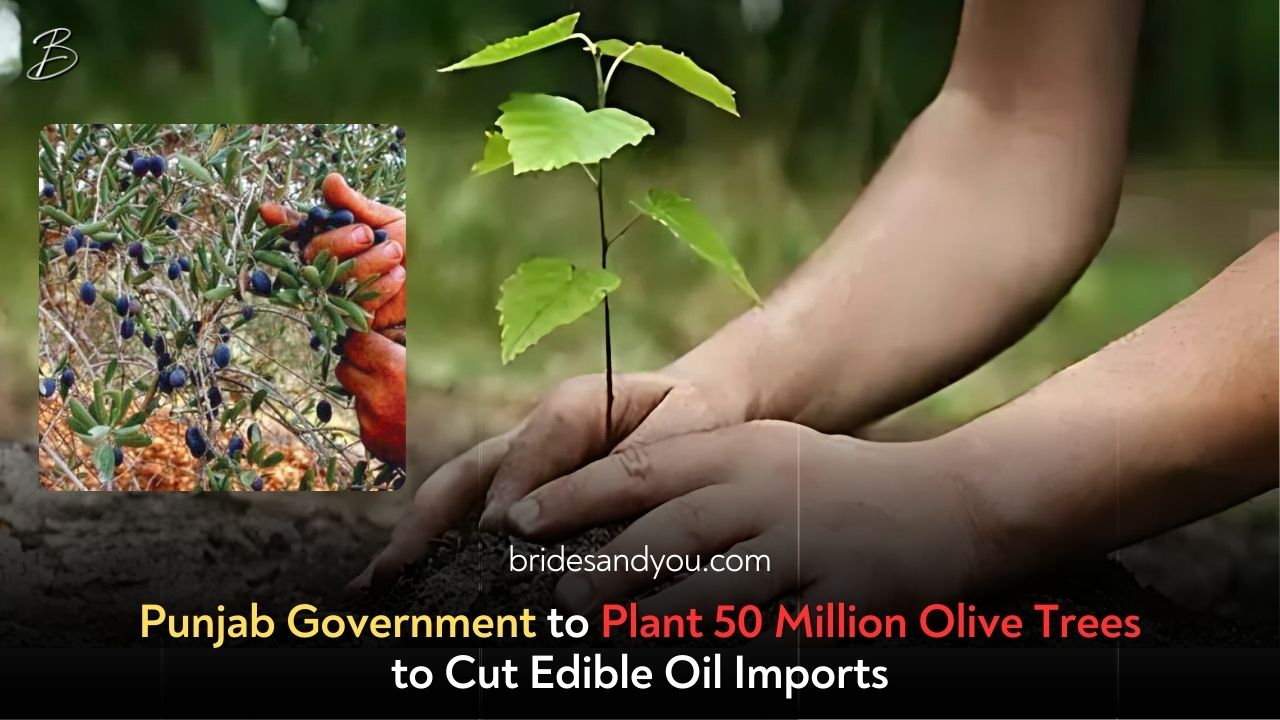Lahore: Pakistan is set to embark on a groundbreaking agricultural journey as the Punjab government announces its ambitious plan to cultivate 50 million olive trees on 10 million acres of land by 2026. This initiative promises to revolutionize the nation’s edible oil industry while promoting sustainability and economic growth.
Director of the Olive Growing Project, Azeem Tariq, highlighted the project’s potential, stating that Pakistan already boasts five million cultivated olive trees alongside a significant number of wild olives. The transition to olive farming is not just about fulfilling local edible oil demands but also unlocking a plethora of secondary benefits, including by-products derived from olive waste.
Economic and Environmental Benefits
With Pakistan currently spending $4.5 billion annually on edible oil imports, the focus on olive cultivation offers a sustainable solution. Collaborative efforts with nations like Italy, Spain, and China aim to reduce dependency on imports and achieve self-sufficiency in edible oil production.
Joining the International Olive Council (IOC) in 2022 marked a significant milestone for Pakistan. In the same year, the country exported virgin and extra virgin olive oil worth $1.9 million. The favorable climate and vast expanses of suitable land, particularly in Khyber-Pakhtunkhwa, Balochistan, and Punjab’s Pothohar region, including Chakwal, Attock, and Mianwali, further enhance Pakistan’s potential for olive farming.
Initiatives and Future Outlook
To support the growing olive sector, the government is prioritizing:
- Awareness and Training: Educating farmers about best practices.
- Infrastructure Development: Building state-of-the-art processing mills.
- Quality Testing and Branding: Ensuring competitive products in global markets.
- Marketing and Packaging Facilities: Enhancing product appeal and accessibility.
By grafting millions of wild olive trees and cultivating new plantations, the project aims to maximize the available 10 million acres of suitable land. This monumental effort is expected to drive economic development, alleviate poverty, and position Pakistan as a leading player in the global olive market.
The cultural and religious significance of olive oil adds to its appeal, making this venture not only economically viable but also socially impactful.

